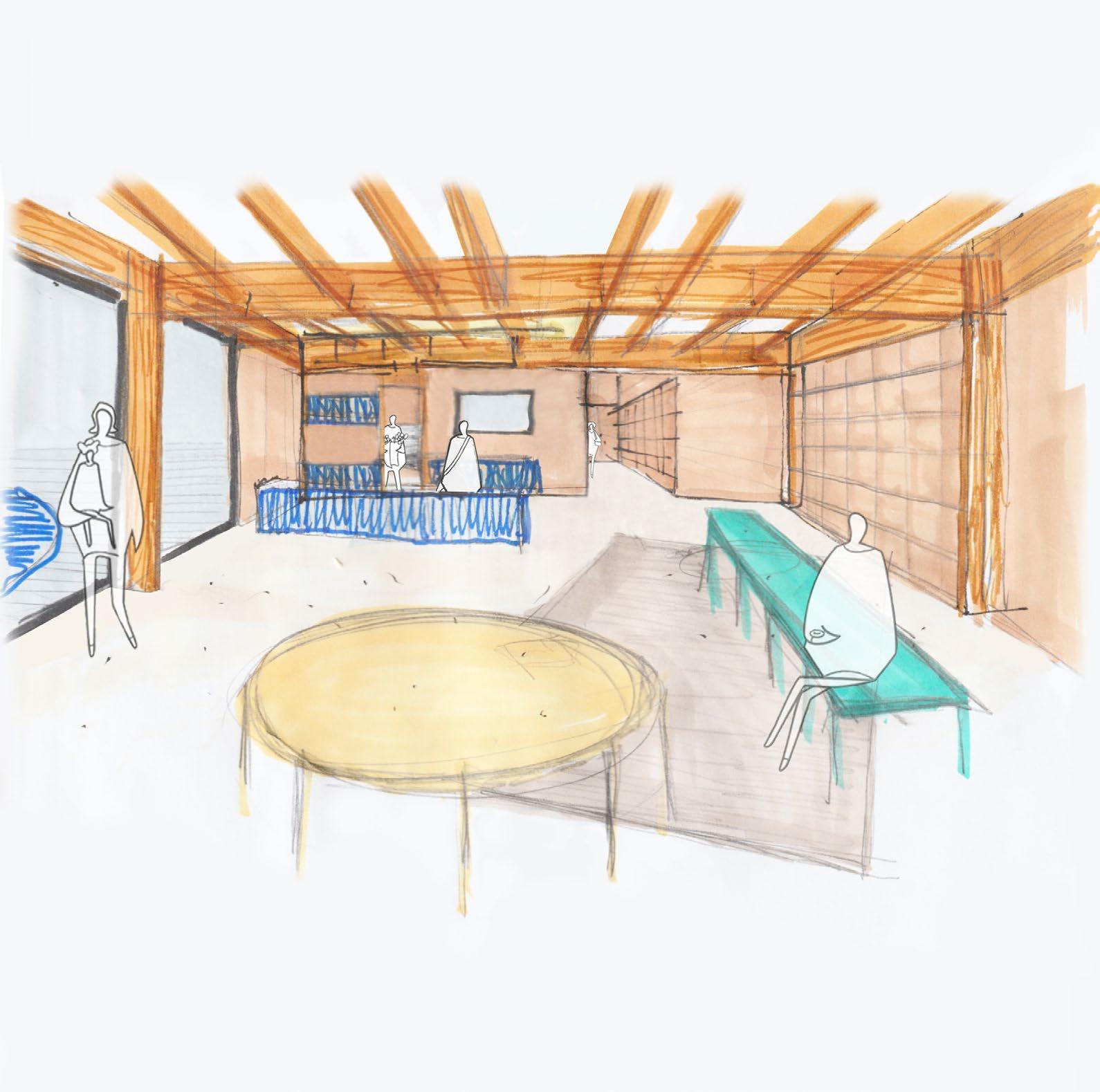
2 minute read
Leisure in the city
Fig. 1 - Hofstade urban beach (Source: Edition L’Heembeckoise, Bruxelles)
The concept of leisure is an easy notion to understand. It is defined as the recreational and non-work activity in ones’ schedule. These activities demand individual implication, and therefore are intentional process which allocated sense of control. This free time offers a feeling of stability and encourages community integration (Caldwel 2011). Usually leisure activities act as a container of positive experiences which involve no sort of productive components.
Advertisement
[Role of Leisure] Recreational activities inherent in leisure don’t imply only ‘frivolity but also take part in important developmental and health implications’ (Caldwel 2011). Indeed, they are part the growing-up process of children, if the experimental factor is present. This notion is exploited by the Montessori learning process and is spread worldwide while common recognition is devoted to a new way of learning without having the impression to do so.
[Non-work time] If we analyse closely the notion of Leisure it is actually defined as being the contrast of working time. Etymologically, the word Leisure comes from Latin Licere meaning to be allowed or lawful to. This means there is an intrinsic component of control and manipulation associated. It has been used in industrial societies for a productive manipulation as a Taylorisation process. Mussolini doppo lavoro society features the best known example (Dawson, 2016). ‘Marxists have continually stressed the role that leisure plays in adjusting the working class to a subordinate position of capitalist society. Rojek accurately posits Leisure relations are held to create the illusion of freedom and self-determination which is the necessary counter balance to the real subordination of workers in the labour process’ ( Dawson, 1999).
[Social Fracture] As leisure is defined by work relations, it plays a organisation role in ‘class’ structuration. ‘Social class does not exist per se but social stratification effect do. Indeed, working class neighbourhoods with generic popular culture and leisure patterns develop quite apart from the higher status middle or upper class areas where the factory owners live’ (Dawson, 1999). Leisure is influenced by a variety of factors: age, sex, wealth. This is why the owners of greater economic resources have additional opportunities of wider leisure schedule time and variety. For Dawson, ‘leisure and class are inextricable intertwined’.
[Exclusion] For this instance, as a way to impose ‘class’ distinctions and foster class solidarity. Members often engage in activities that exclude other socio-cultural groups. It is admirably represented in activities such golf or polo but also in boys clubs or fraternity groups. It is also a way to demonstrate a social status :‘spending on leisure to show their wealth act as increasing the level of prestige arising from occupational level.’ (Rose, 2016)
[Leisure at stake] The democratisation of leisure and holidays helped the lower range of the socioeconomic spectrum enjoy furthermore recreational activities but leisure is still ‘tied to economic, politic and sociocultural status’ (Rose, 2016). It leads to some individuals eliminating leisure activities of their life due to the lack of time, money, space or other resources. This issue is even more preoccupying as the ‘middle class’ is constantly shrinking.
We do not need to forget that access to leisure should remain a fundamental right, independent of one’s financial situation.










